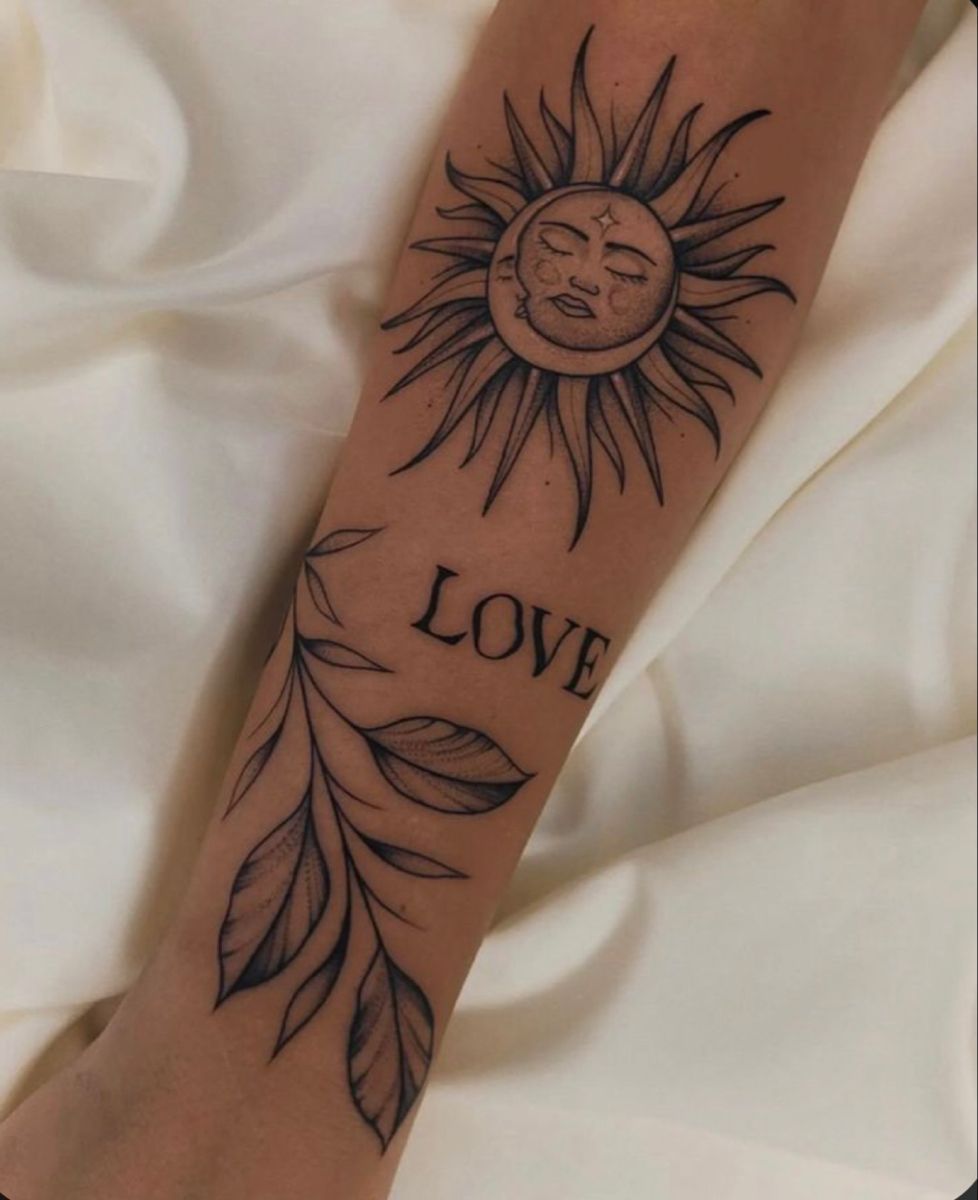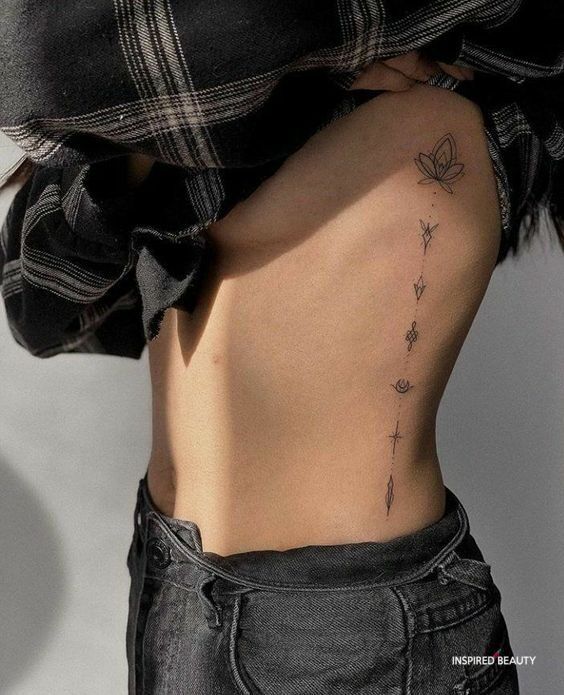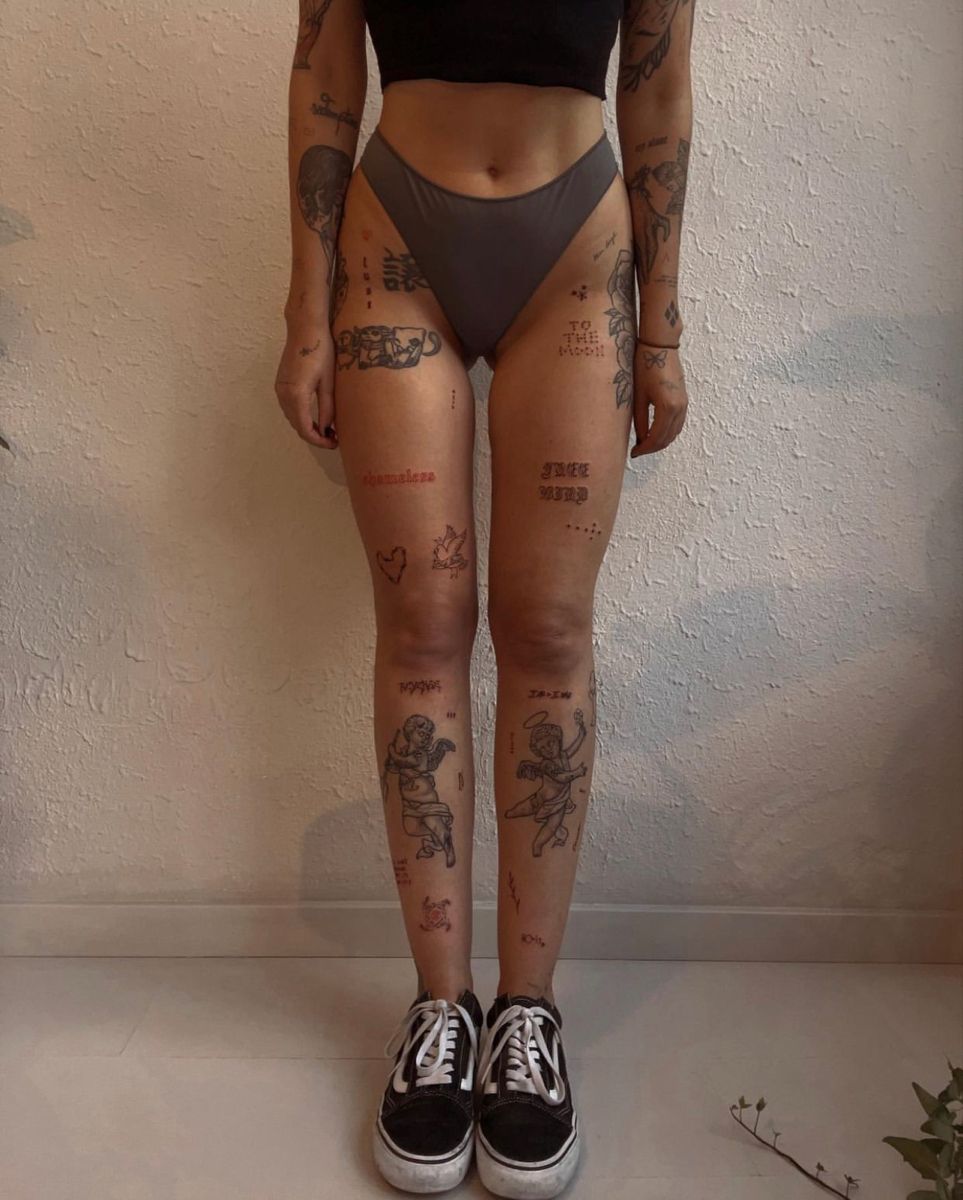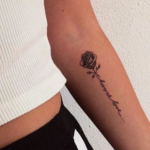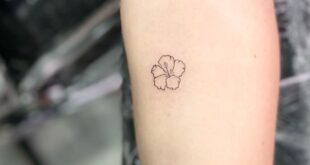Tattoos have long been a form of self-expression and art, but for women, getting inked carries a unique significance. In the past, tattoos were often considered taboo for women, seen as a sign of rebellion or promiscuity. However, in recent years, there has been a noticeable shift in societal attitudes towards tattooed women, with more and more women proudly displaying their body art.
For many women, tattoos serve as a means of reclaiming their bodies and asserting their autonomy. In a world where women are often judged based on their appearance and societal expectations, tattoos offer a way to challenge these norms and assert their own identity. Tattoos have the power to empower women, allowing them to make a statement about who they are and what they stand for.
In addition to serving as a form of self-expression, tattoos can also be deeply meaningful for women. Many women choose to get tattoos to commemorate important events or milestones in their lives, such as the birth of a child, a significant relationship, or overcoming a personal struggle. These tattoos serve as a permanent reminder of these experiences and can provide a sense of closure or healing.
Furthermore, tattoos can be a way for women to reclaim their bodies after trauma or illness. For women who have undergone mastectomies, for example, tattoos can be a powerful way to reclaim their bodies and redefine their sense of femininity. In this way, tattoos can serve as a form of healing and empowerment for women who have experienced physical or emotional trauma.
The rise of tattooed women in popular culture has also played a role in changing societal perceptions of women with ink. Celebrities such as Angelina Jolie, Rihanna, and Megan Fox have all proudly displayed their tattoos, helping to normalize body art for women. In recent years, tattooed female models and influencers have also gained popularity on social media, further contributing to the acceptance of tattoos as a form of self-expression for women.
Despite these positive changes, there is still a stigma attached to women with tattoos, particularly in more conservative or traditional societies. Women with visible tattoos may face discrimination in the workplace or judgment from family and friends. However, many women who choose to get tattoos are willing to face these challenges in order to express themselves authentically and live life on their own terms.
In conclusion, tattooed women are a powerful testament to the evolving nature of gender norms and beauty standards. Their ink serves as a form of rebellion, self-expression, healing, and empowerment. As society continues to embrace diversity and individuality, the stigma surrounding tattooed women is gradually fading, allowing women to proudly showcase their body art and assert their identity with confidence.
 innstyled Tattoo Ideas
innstyled Tattoo Ideas
